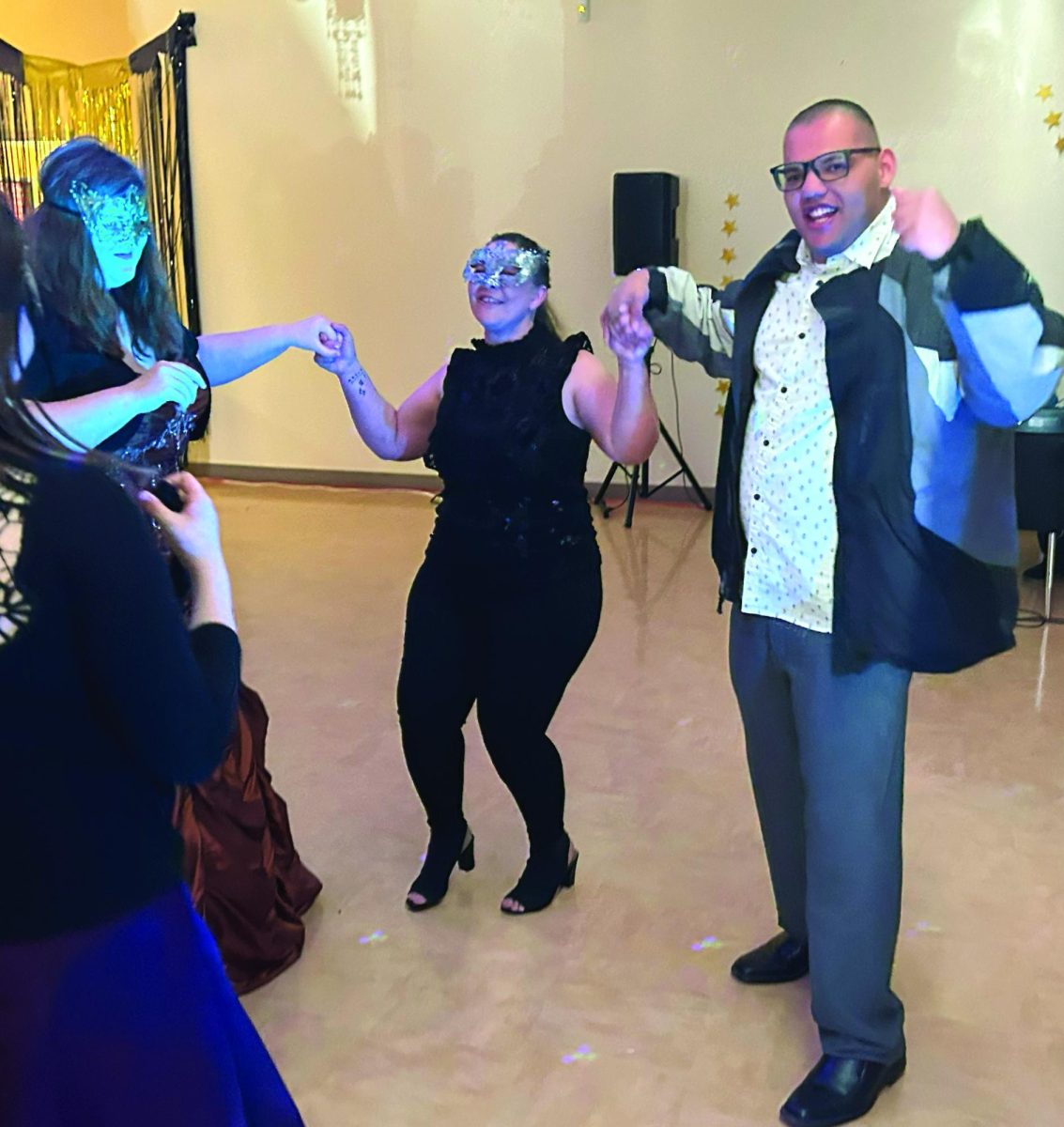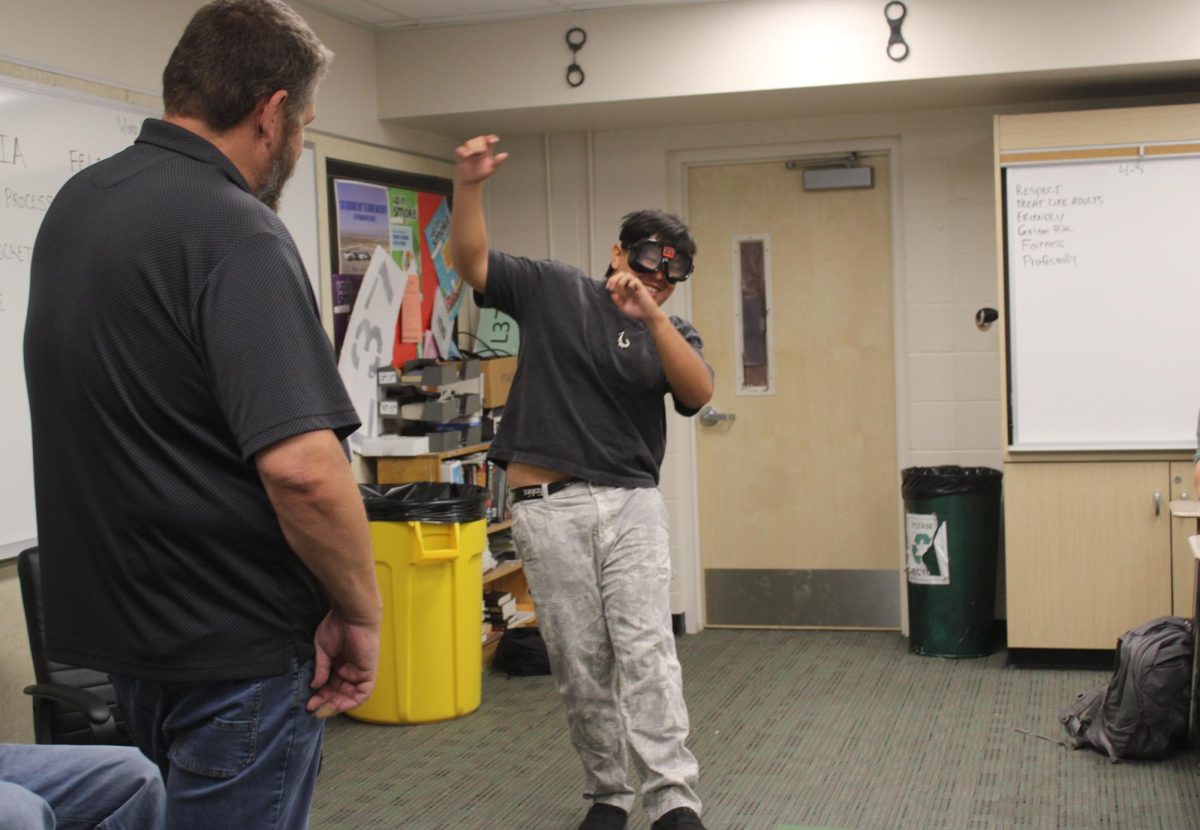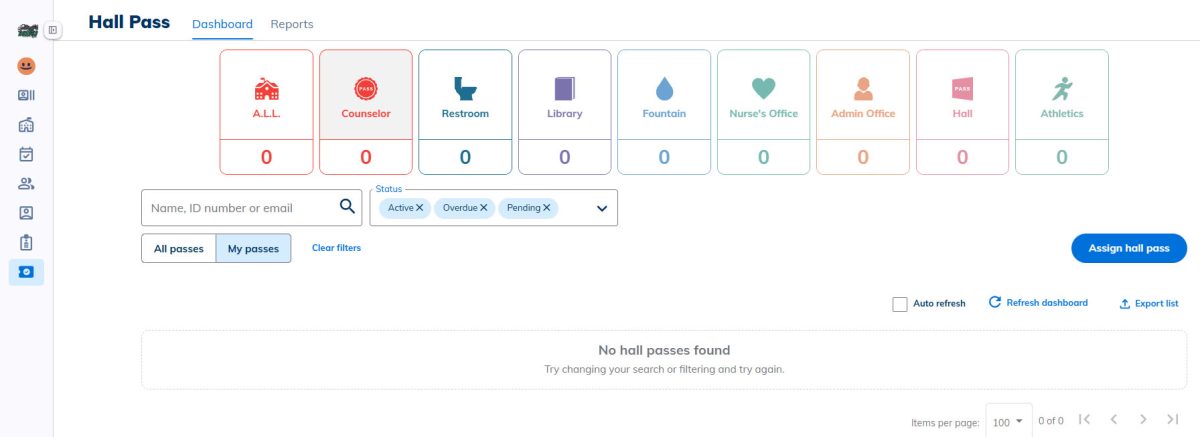On Saturday, April 13, Sierra Sands as well as the SELPA office and staff collaborated to provide students of special needs a memorable prom-party experience. The dance was held for Special Day Class (SDC) students who wished for the classic high school dance experience with additional support.
Melissa Moroz, one of the special education teachers in the SSUSD district, was inspired and motivated to ensure her students could attend a traditional and movie-like dance despite their needs.
“Many of our students in our moderate to severe SDC classes have never had an opportunity to attend a dance,” said Moroz. “This is due to a variety of issues such as noise level, lighting, large crowds and they may require additional support.”
However, with the help of SELPA and RAA staff, as well as volunteers and parents, the well-planned and exciting prom was beyond a massive accomplishment.
Moroz expresses great joy about the success of the dance.
“The prom was a huge success and fun for all who attended the event!” said Moroz.
The prom’s theme was masquerade and was heavily implied when the SELPA office was transformed into an immersive and fantastical wonderland. Intricate and bright chandeliers and disco balls made it seem as if attendees were stepping into another world.
Just like many high school dances, there was a photo booth and a DJ to host and bring up the party vibes. There was also plenty of pizza, drinks, and cupcakes to enjoy during the prom.
Moroz feels optimistic about the future of events just like this one, wanting to make more highlights and memories for her students.
“We definitely would like to have more events like this in the future as it was a HUGE success,” said Moroz.
Moroz hopes that she will be able to merge students of different specialties, creating a collective and inclusive experience for all. She also hopes for more comprehensive and louder advertising and production for the future.
“Although some students may be non-verbal or may become overstimulated, they still want to socialize and share social experiences like their neurotypical peers,” said Moroz. “Sometimes we need to make accommodations so that all can participate! “



